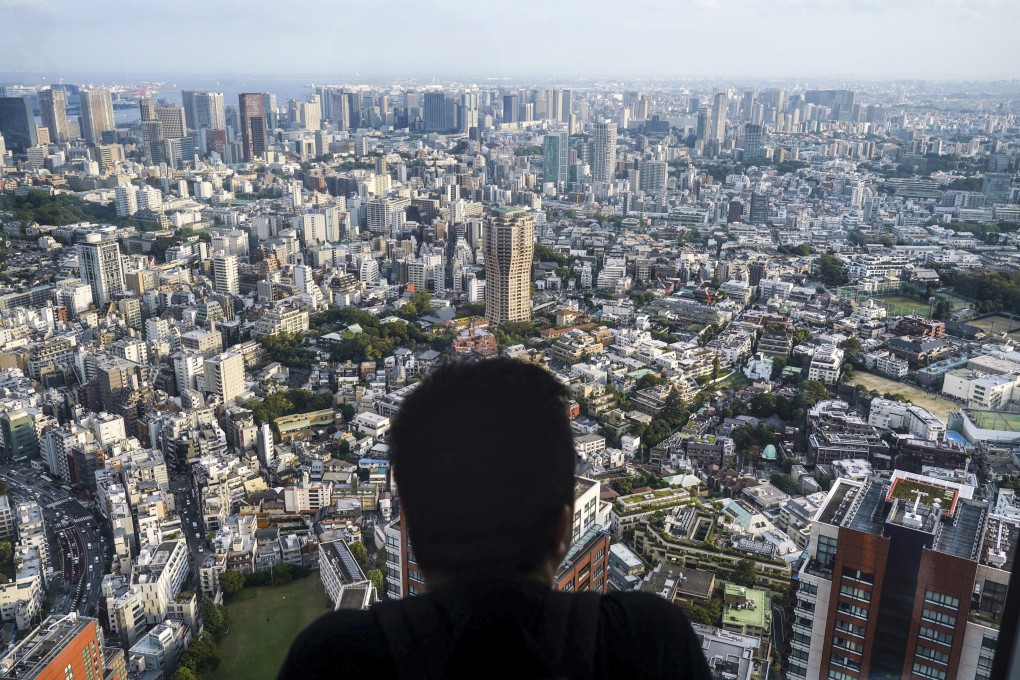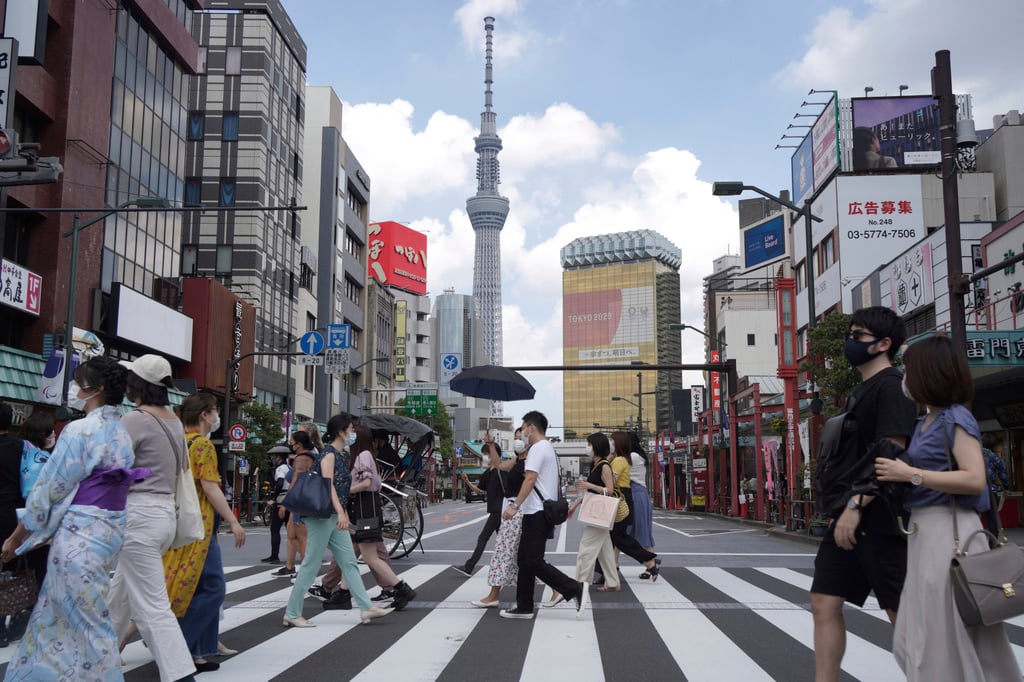Japan’s bid to elevate Asean ties will offer region ‘options’ amid growing Chinese influence
- Tokyo is expected to seek a comprehensive strategic partnership with the Southeast Asian bloc at a time ‘China’s military power is set to increase’
- Analysts say it is a ‘natural’ progression that will show what a ‘rules-based order’ can do to bring peace and stability in the region

From December 16 to 18, Tokyo will host Asean leaders at a commemorative summit marking the 50th year of Asean-Japan friendship and cooperation, according to the country’s foreign ministry.
During the event, Japan – the first country to establish dialogue relations with Asean in 1973 – is expected to “jointly announce a vision that sets out the broad direction of Japan-Asean relations and cooperation in the coming years”, the ministry said.

At the Asean-Japan Summit in September in Indonesia, both sides agreed to establish a Comprehensive Strategic Partnership (CSP) that is “substantive, concrete, meaningful and mutually beneficial”, according to the chairman’s statement released after the summit.
Furuoka Fumitaka, an associate professor at the University of Malaya, said Japan’s attempt to upgrade its relationship with Asean into a comprehensive strategic one could be viewed as “a rather belated response” to China’s policy to similarly engage the region two years ago.